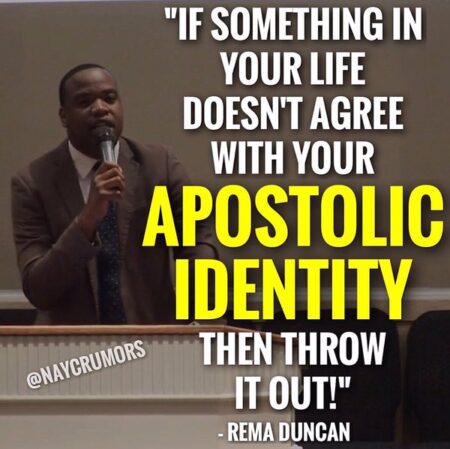It’s kind of odd, when you think about it, that people who otherwise have strong convictions on issues such as religion can be somewhat ambiguous when it comes to expressing disagreement, largely out of fear of offending someone. Nobody wants to have a lot of conflict going on, particularly in family gatherings, but at some point you do have to set and enforce your own boundaries.
We set boundaries in our lives all the time, often without recognizing them as such. How often have you decided you won’t discuss politics with that annoying co-worker, won’t bring up an issue with a relative who won’t respect your side, or have decided to leave the room when someone in your home watches a political pundit or televangelist you can’t tolerate?
A lot of trouble that occurs in a spiritually abusive setting happens either when we don’t set ground rules to govern our interactions with others or don’t enforce our own boundaries once set. Had I learned this particular lesson years ago, I might have saved myself a lot of aggravation.
One example I can think of: very persistent, unwanted church invitations, regardless of whether you have a church home or even have interest in one. At one time, I had to cope with a lot of this from United Pentecostal people, and know this is a very real problem whenever you have relatives or friends who don’t accept where you are on your spiritual journey.
Don’t leave it up in the air about whether you intend to follow up on their invitation. If you have no intention of going with them, nicely tell them you appreciate the invite, but you are not going.
If you do want to attend with them but aren’t interested in joining, make it clear that you are visiting – period. You don’t need to get into any theological objections.
Another thing I have observed, especially in social media interactions, is that some people with no respect for the beliefs of others treat social media as a free-for-all. In some cases, it is easier to control your interactions with others by restricting which posts those with no self-control can see and interact with.
We probably all have that family member or friend who gets hung up on the same few issues where it comes to religion. When they continually refuse to respect how others think or misrepresent opposing beliefs, your safest bet may be to nicely tell them the subjects in question are off-limits.
By nicely telling someone no or otherwise setting boundaries, you are controlling your interaction with them. Staying in control of the discussion makes things less frustrating all around.














